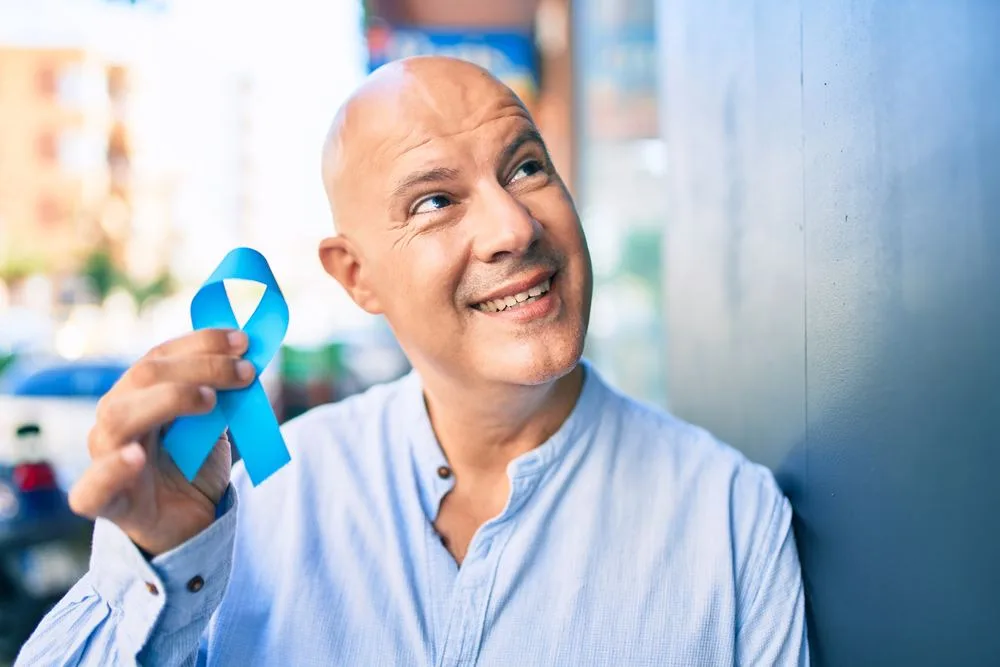While cancers affect both males and females, the cancer mortality rate is higher among men (1). In fact, while breast cancer is often associated with the female sex, men have higher death rates than women across all stages of breast cancer. While it’s important for both men and women to mitigate risk factors, one has to wonder what makes men more inclined to die from the disease?
Why are more men dying from cancer?
It’s the month of November and the spotlight is on men’s health. With that said, let’s get into why men are more likely to die from cancer.
1. Lifestyle factors
According to a study published in Cancer, around 42% of cancer cases and 45% of cancer deaths in the United States are linked to lifestyle factors.
Lifestyle factors linked to cancer include obesity, a sedentary lifestyle, smoking, high alcohol consumption as well as a diet rich in sugar and processed foods.
According to research, women are more likely to be obese and be more physically inactive, however, men are more likely to use all tobacco products at higher rates than women, and they’re also more likely to drink more. Additionally, a Harvard article also revealed that women eat a healthier diet than men.
2. Women go for check-ups
There are a lot of health dangers that society has triggered as a result of many people upholding patriarchal values. One of these health dangers is the notion that every man is Superman. Now, while Clark Kent never had to visit the doctor, you certainly need to.
Visiting the doctor can literally save your life. For instance, women whose breast cancer is detected early have a 93% or higher survival rate in the first five years. Additionally, screening has been linked to a one-third decrease in prostate cancer deaths.
How can men protect themselves?
While different cancers have their own specific risk factors, there are certain lifestyle habits that can reduce one’s overall risk.

Photo by Alonso Reyes on Unsplash
These include adopting a diet high in fruits, vegetables, and whole grains but low in fat, sugar, red meat, and other processed foods. Additionally, men should stay active, quit smoking, monitor their alcohol intake, and, please, go for their regular health check-ups. Lastly, men should learn to be open about any concerns that they have about their health, as there’s strength in being honest and vulnerable.
Want to know more?
How mindful is your approach to life? If it’s not where you want it to be, then worry not as Jay Shetty has plenty of mindful tips that will help you become more present.
References
Islami, F., Goding Sauer, A., Miller, K.D., Siegel, R.L., et al. (2018), Proportion and number of cancer cases and deaths attributable to potentially modifiable risk factors in the United States. CA: A Cancer Journal for Clinicians, 68: 31-54. https://doi.org/10.3322/caac.21440





![women [longevity live]](https://longevitylive.com/wp-content/uploads/2020/01/photo-of-women-walking-down-the-street-1116984-100x100.jpg)










